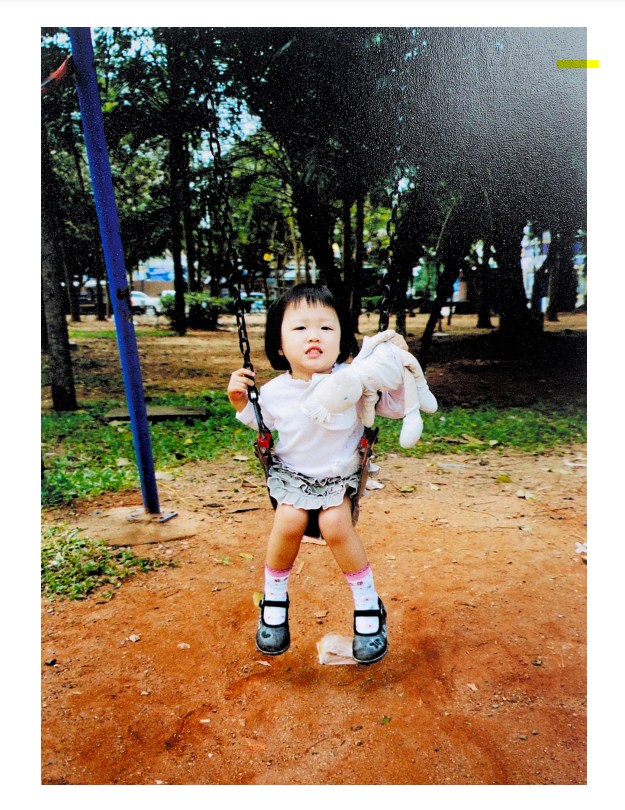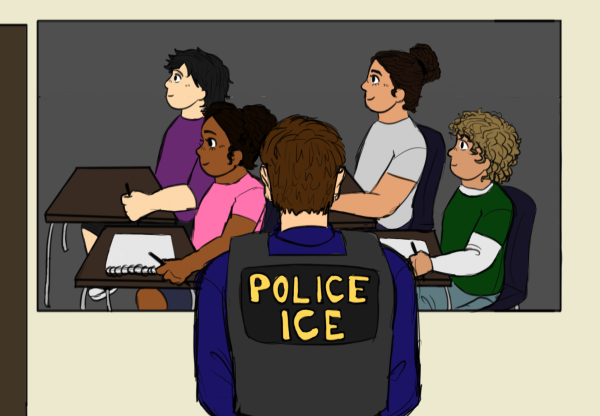Kimchi and Me
Having a plush doll isn’t embarrassing. It helped me through tough times.
“Mommy! Where is Kimchi?”
“I can’t find her anywhere!” I said, panicking.
“I don’t know, where did you put it?” is how my mom always responds when I misplace her.
Kimchi is my lifeline, the one I rely on for comfort, the one I cling to at night, the one I use to wipe away my tears when I am sad. Kimchi is a 16-year-old plush doll my grandma named after a Korean dish. I have had Kimchi since I was born. In all my memories she has always been there dangling beside me.
Sadly I am on my fourth Kimchi doll. The first time I lost my doll, I had a fever for a week, cried all night and refused to sleep. My father drove three hours from our home in Bratislava, Slovakia to a hotel in Budapest, Hungary to retrieve my Kimchi, but he never found her.
Unfortunately, my first Kimchi is lost forever.
My parents learned their lesson, and a week later I saw three identical Kimchi dolls with either brown or blonde hair. I gravitated towards the brown haired doll and had it until I was 12.
Then I lost it and had to move on to the next one.
To be honest, I always wonder to myself why I still have this doll and somehow have no willpower to get rid of her. I am not ashamed or embarrassed that I have her; rather I am thankful. However, my whole family thinks of this relationship differently. My family thinks it’s weird that I still have her. Every time I visit my extended family they always say, “You still have Kimchi?”
I soon realized why I needed her so much—during the second semester of sophomore year I experienced the toughest moments of my life. I felt like nothing was going right, and I was constantly nervous about the next test, the next assignment or the next commitment. Going to sleep took so much time because of all the thoughts running through my mind.
No other human being could have possibly known what I was going through, so I kept it to myself. When I went to school I smiled and laughed through it all, concealing my suffering. I came home and had my parents, but I knew they didn’t really know how I felt. I needed someone to comfort me without judgment, without any criticism.
I know that a doll has no feelings, has no thoughts of its own and can’t feel emotions; however, when I’m with Kimchi I feel like she is the only one who gets me. That’s because she does not have a mind of her own. I create the world that she lives in—I create in my mind what she is thinking.
I have a habit of rubbing her hands in between my fingers. One can tell by how all the stuffing is gone from her hands, and the fluff from the material has worn off. Students can benefit from touching a plush, just as I have. In a recent study from UV University Amsterdam, it suggests that touching a stuffed animal helps relieve existential angst. The study also reveals that touch is a means of increasing social connectedness among people during periods of anxiety.
Having a stuffed doll or an object to seek comfort in should not be embarrassing. It should not be viewed as creepy or childish. For me it is a solution, one I’ve had my whole life and one I will always need.
I am a junior at Bonita Vista High, and a second year staff member on the Crusader. I love being able to meet new people, and having conversations with...












